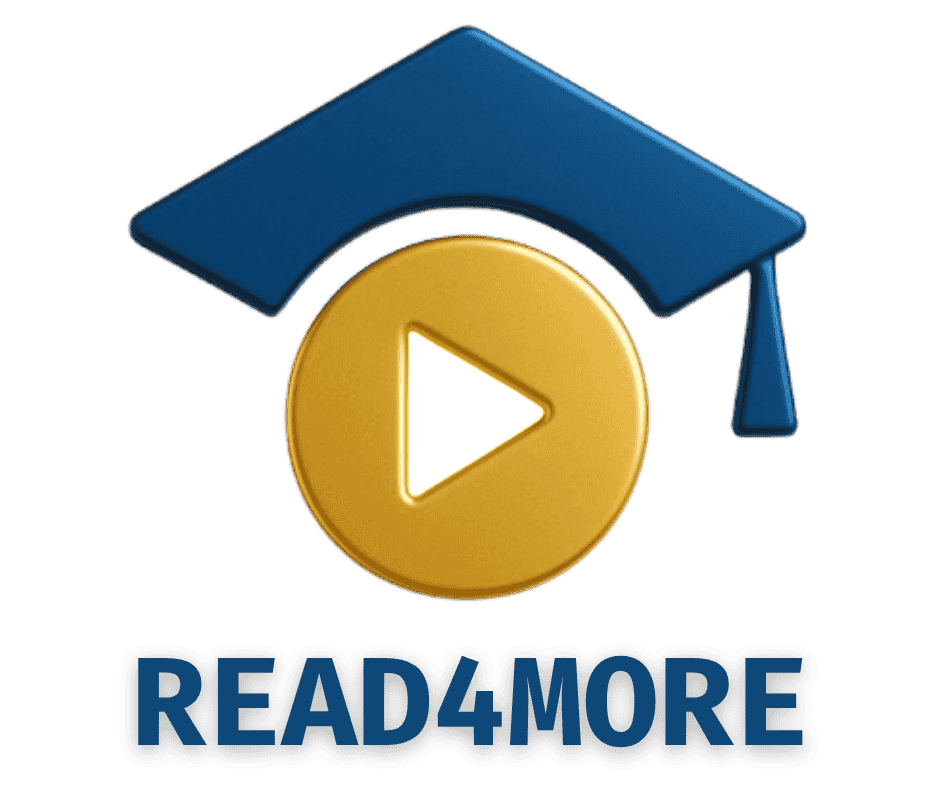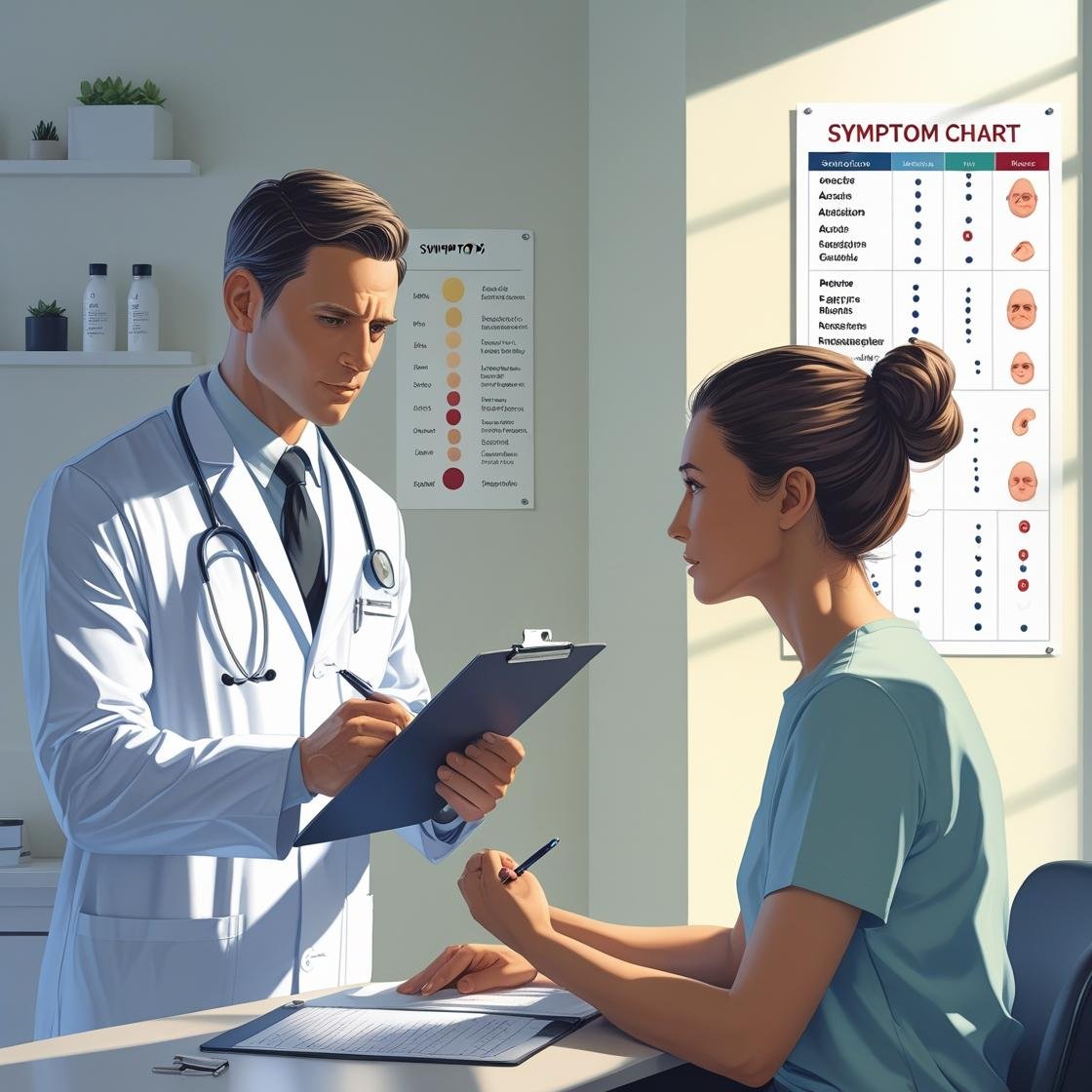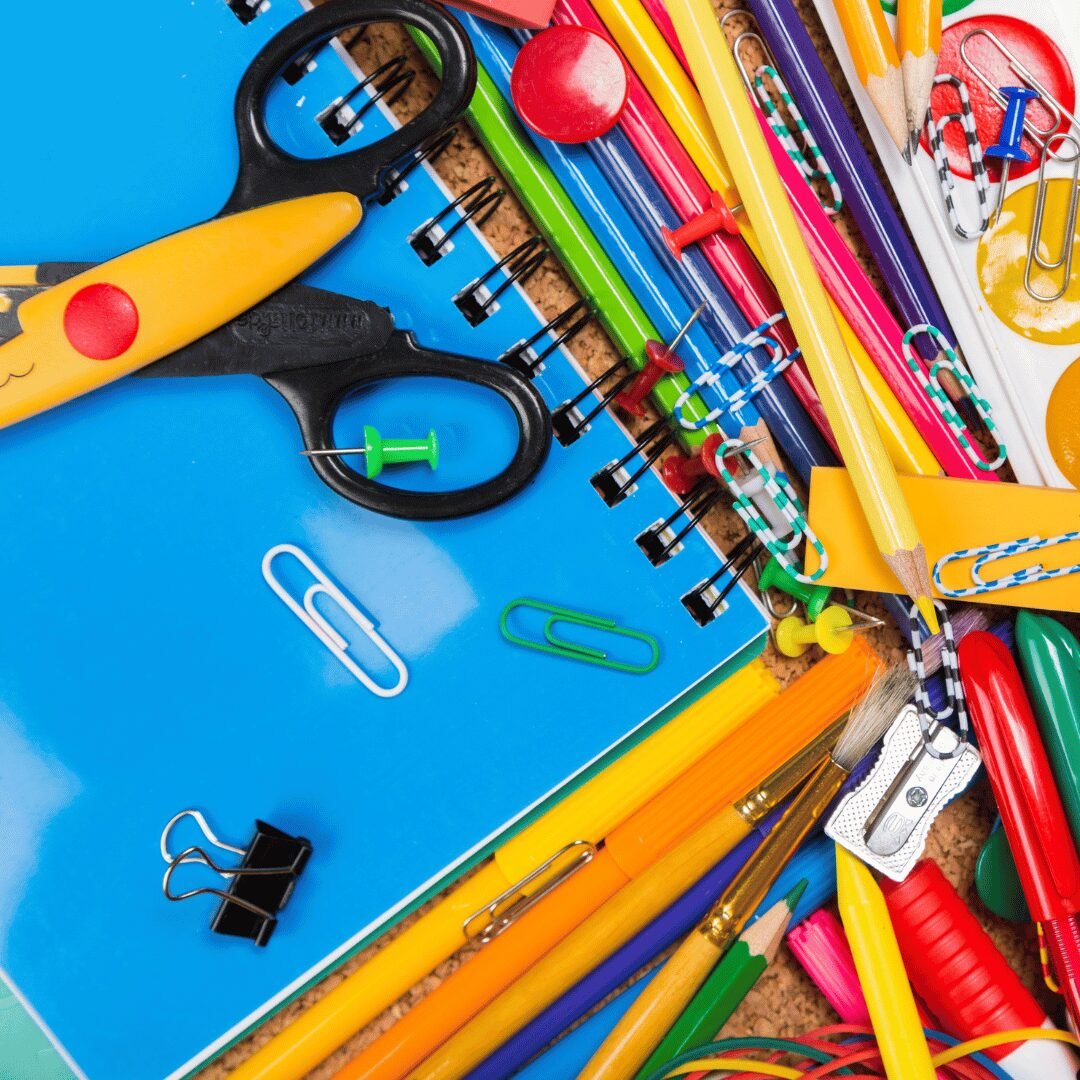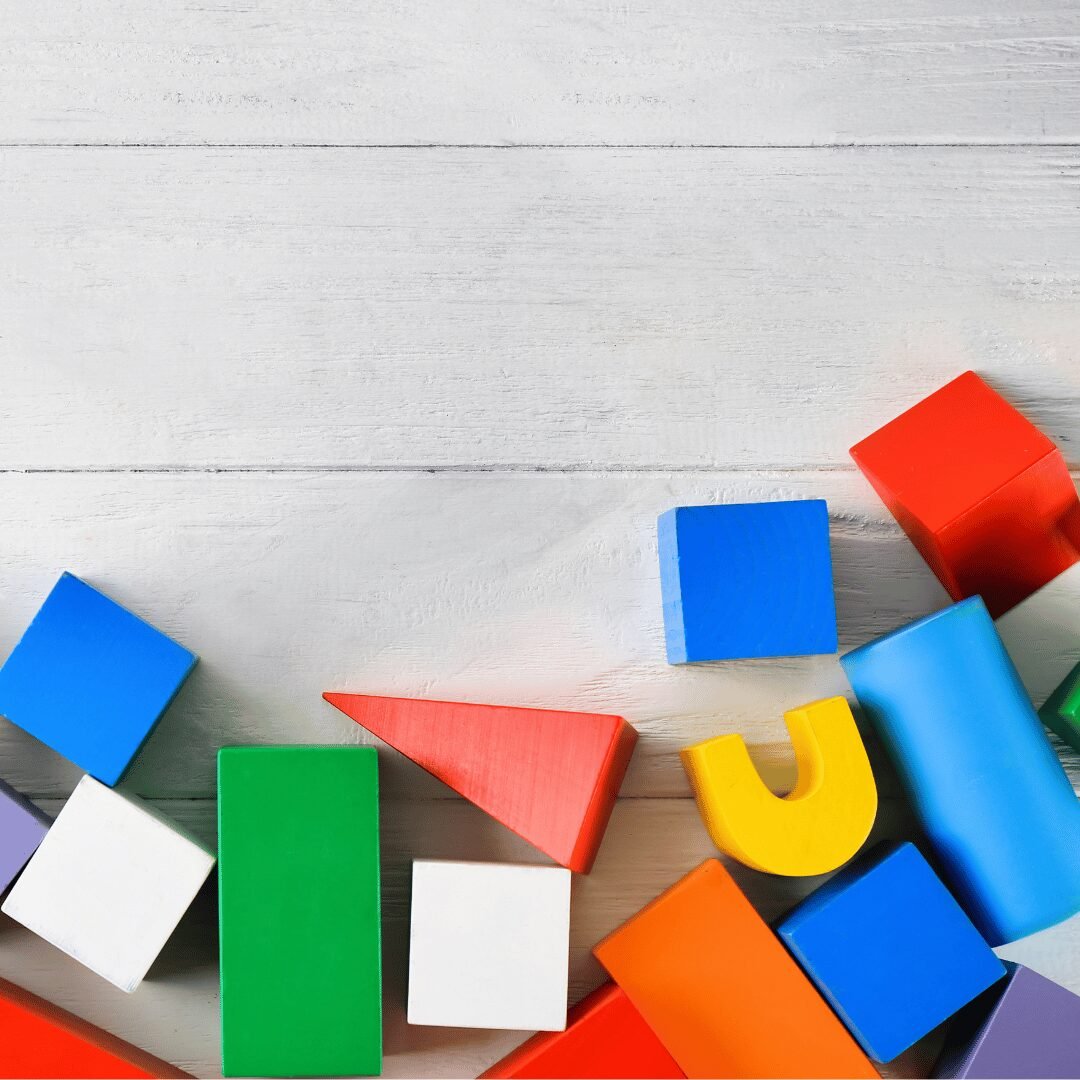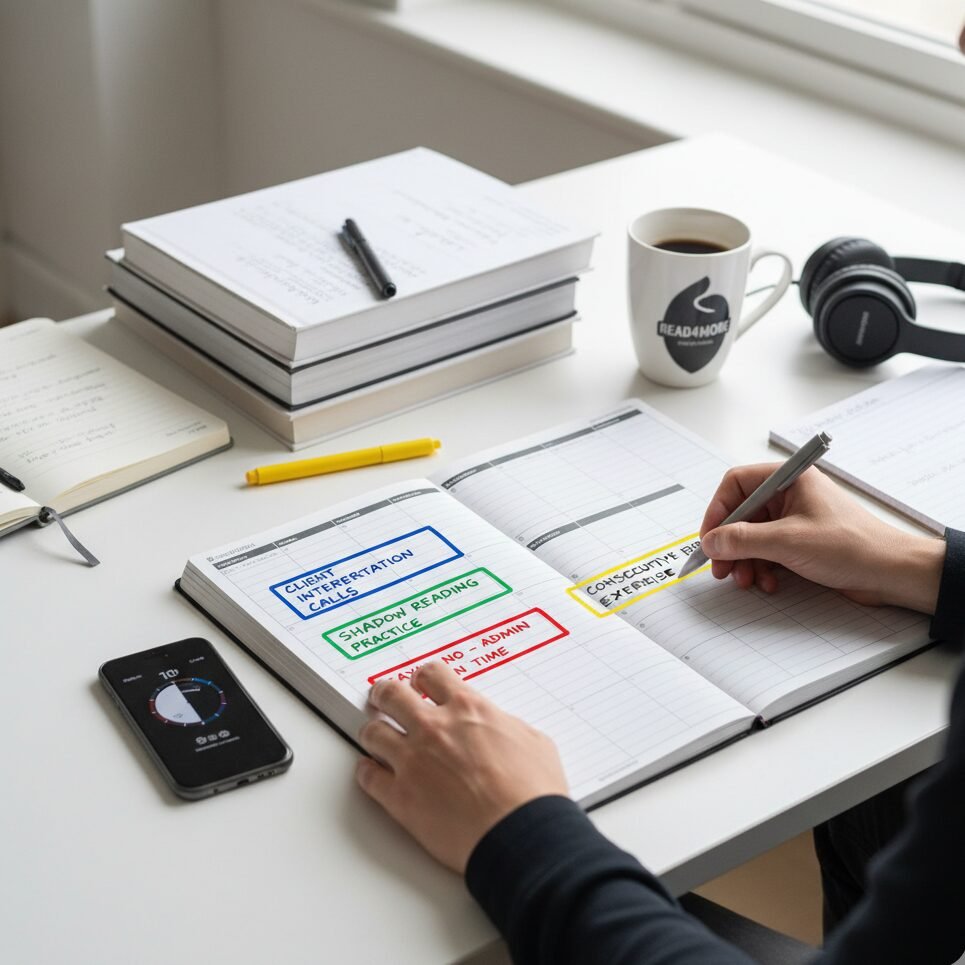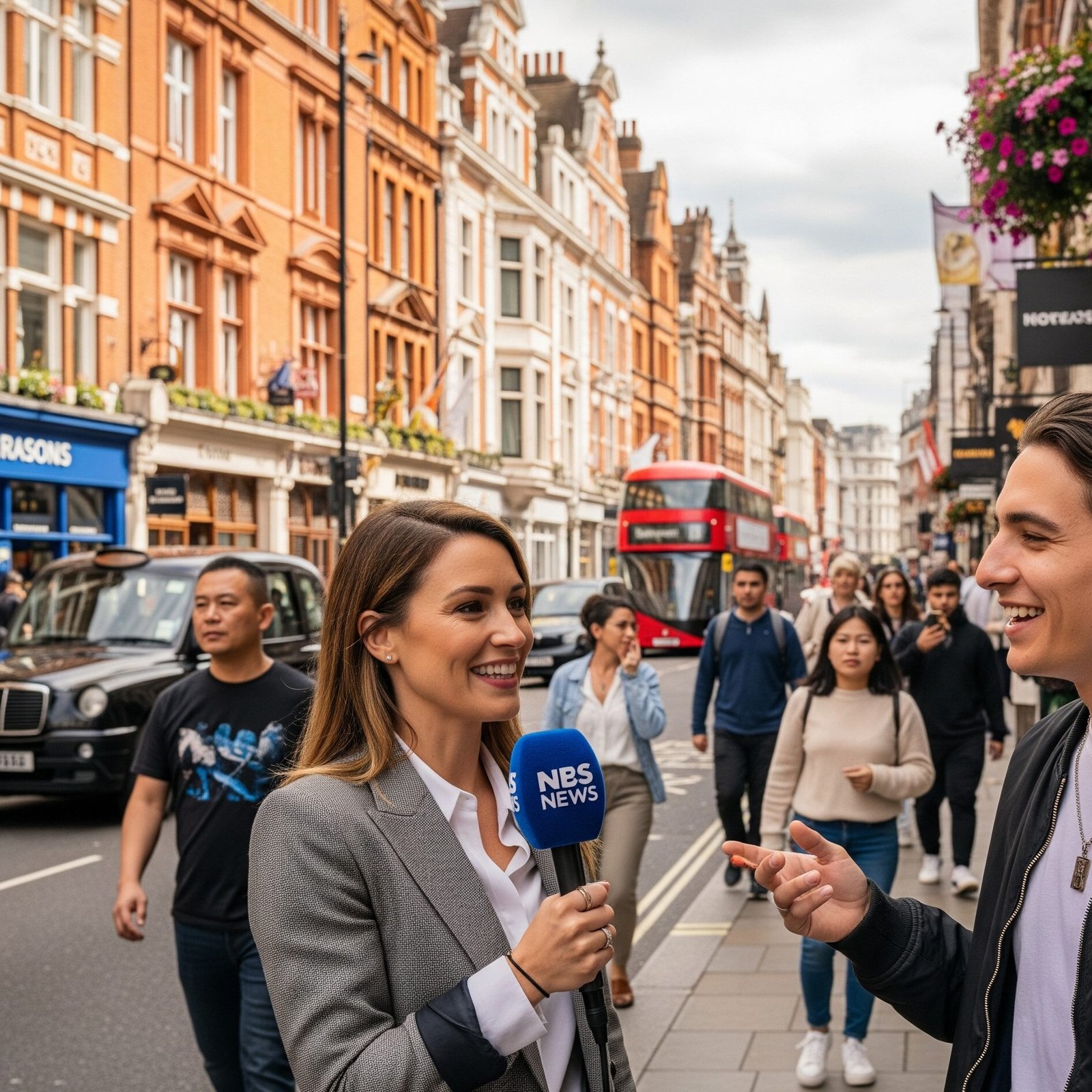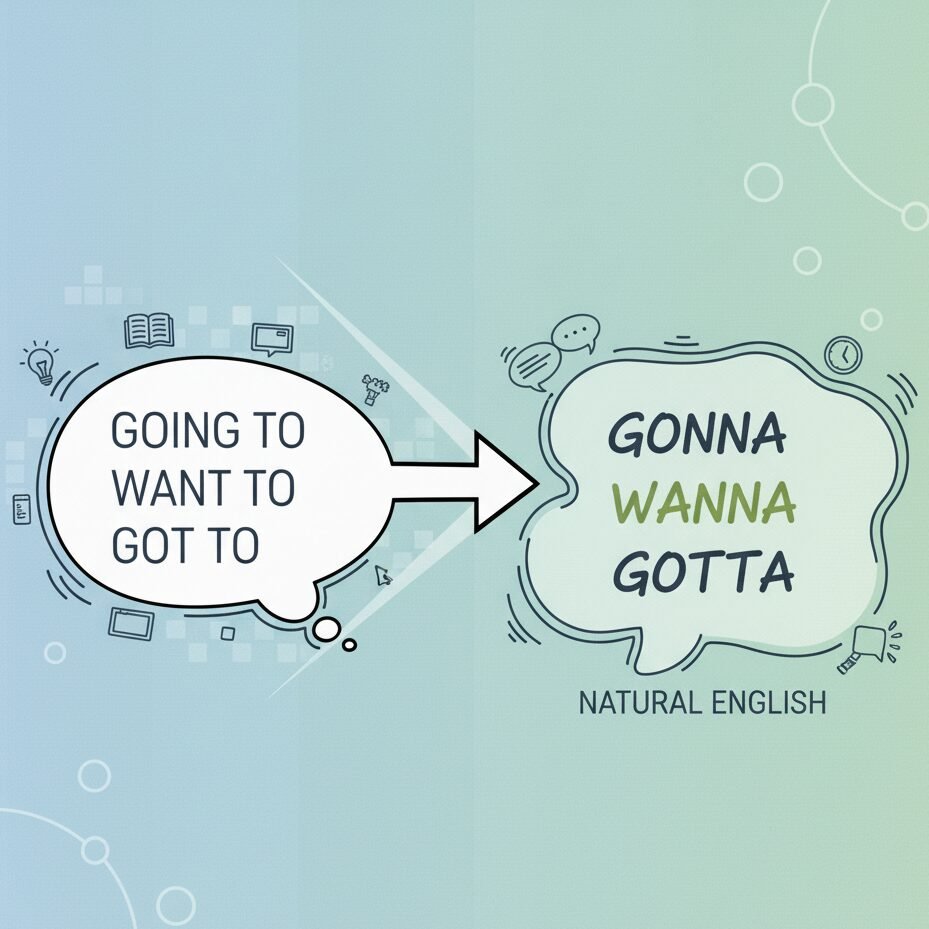التصنيف: Lesson
-
Learn how to use the past perfect tense naturally through real-life travel scenario. In this interactive B1 lesson, students connect…
-
Master concise OET Writing with Lesson 10 on Problem → Action sentences. Practise turning case notes into clear, professional sentences…
-
Practise OET Reading Part A with this intensive lesson on medication instructions and side effects. Complete timed table-filling tasks, answer…
-
Master crucial doctor-patient communication for the OET exam with our B1-level lesson on pre-procedure instructions and informed consent. This session…
-
Master Medical Telephone Consultations Boost your medical English skills with this B1-level lesson focused on urgent and non-urgent telephone consultations.…
-
Master crucial doctor-patient communication for the OET exam with our B1-level lesson on pre-procedure instructions and informed consent. This session…
-
Master the language of post-surgery care with our OET B1 lesson on pain assessment. Are you a doctor or nurse…
-
Struggling with clear and concise hospital notes for your OET exam? 🏥 This B1-level lesson is for you! Learn to…
-
Master doctor-patient communication for the OET exam with our focused lesson on explaining medical tests. Learn to clearly communicate ultrasound…
-
Boost your OET Medicine reading and writing score! This lesson covers reading patient lifestyle questionnaires, writing clear advice, and using…
-
Master essential history-taking skills for the OET Medicine Speaking sub-test in this focused lesson on patient consultations. Learn how to…
-
Learn how to describe objects by materials and structure with practical English activities. This interactive lesson teaches students to say…
-
Practice describing objects with shapes, materials, and clear English sentence structures. In this beginner-friendly lesson, learners use patterns like “It’s…
-
Master your time and your English fluency with our advanced lesson on Time Management! ⏰ This dynamic practice is designed…
-
Listen to these interviews and answer the questions Now it’s time to join Emma as she meets four people on…
-
Want to sound more natural and fluent in English? This lesson is for you! Learn essential spoken short forms like…
-
Boost your conversational English by learning how to describe objects like a pro! This interactive lesson uses the fun “Mystery…
